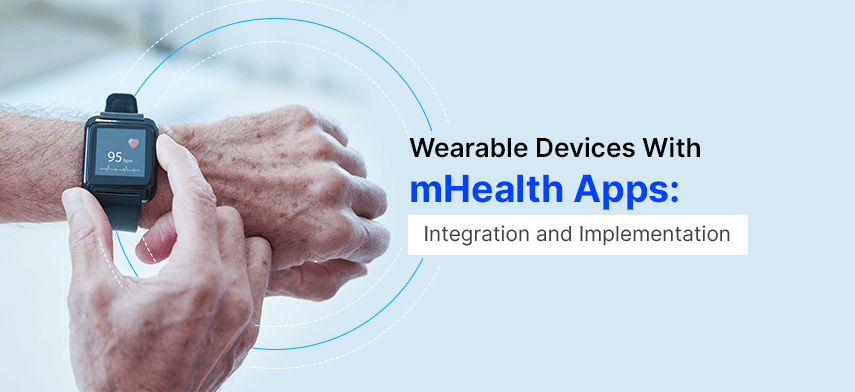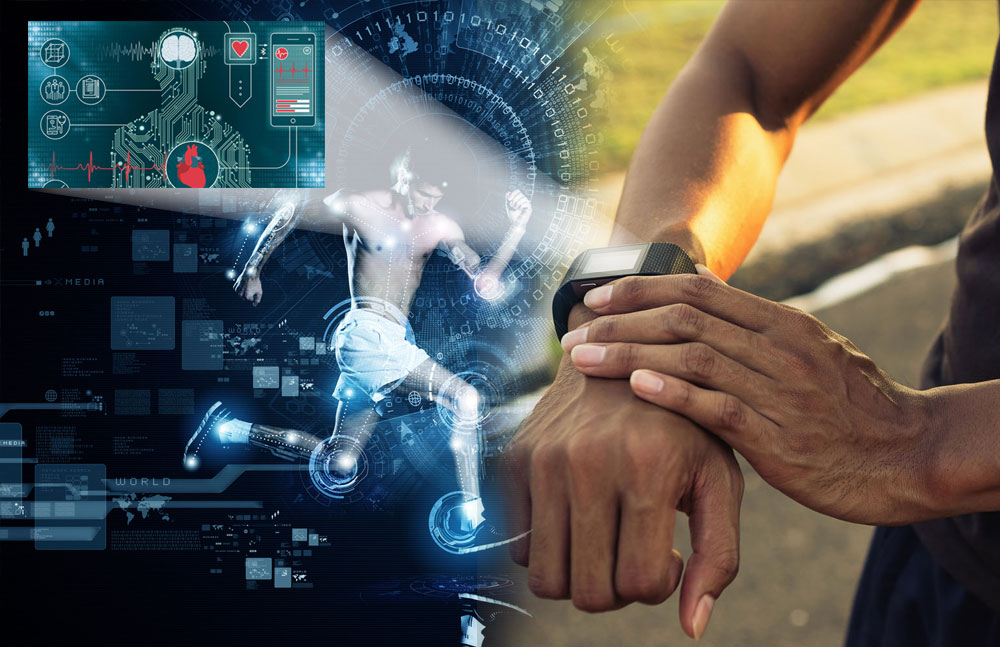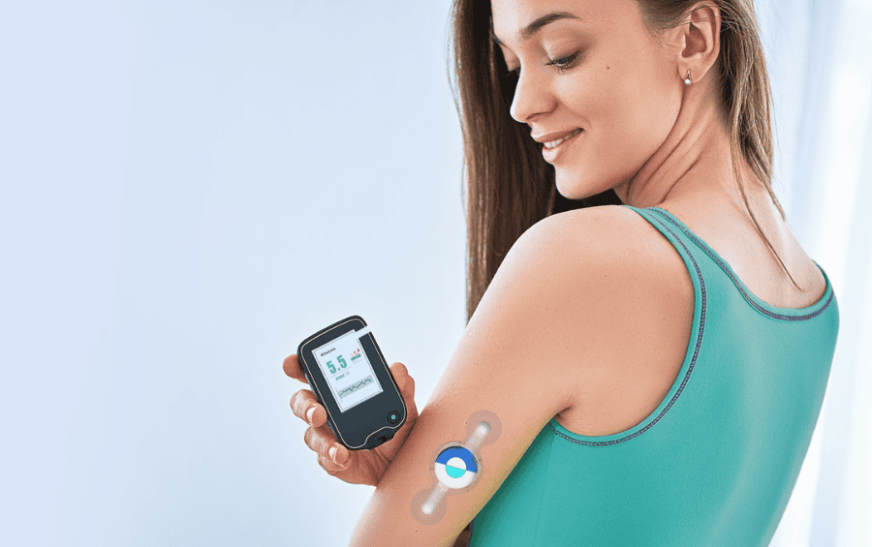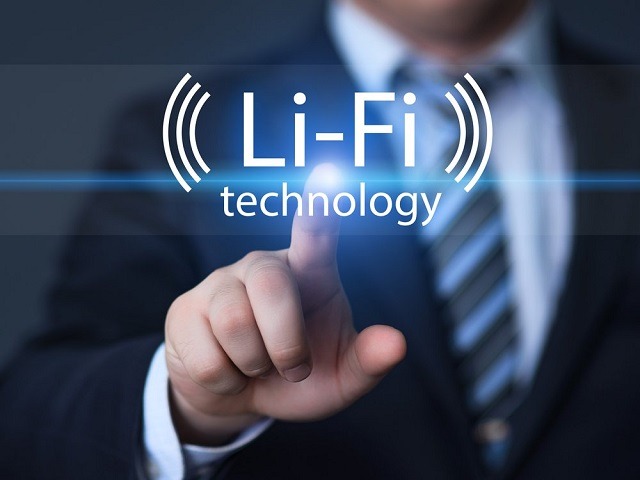Introduction to Wearable Technology
The rise of wearable technology has transformed how we approach personal health. From fitness trackers to smartwatches, these devices have become an integral part of our daily lives. They empower us to monitor vital signs and track activities in real-time. With just a glance at your wrist, you can gain insights into your physical well-being that were once reserved for clinical visits.
As advancements continue to emerge, the role of wearable tech in monitoring personal health is evolving rapidly. No longer limited to counting steps or measuring heart rates, these gadgets now offer a wealth of features designed for comprehensive health tracking. Whether you’re aiming for better fitness levels or managing chronic conditions, wearables provide valuable data that can guide your journey toward optimal health.
In this blog post, we’ll explore how wearable technology is reshaping personal health management and what it means for individuals seeking greater insight into their own bodies. Let’s dive deeper into the exciting world where innovation meets wellness!
Advancements in Wearable Tech for Health Monitoring
Wearable technology has made significant strides in recent years, especially when it comes to health monitoring. Devices like smartwatches and fitness trackers now offer advanced sensors that can track heart rate variability, sleep patterns, and even blood oxygen levels.
These innovations enable real-time data collection, allowing users to monitor their health more effectively. For instance, some wearables are integrating AI algorithms for predictive analytics. This means they can alert users about potential health issues before they escalate.
Moreover, seamless connectivity with smartphones enhances user experience. Many devices now provide personalized insights through companion apps tailored to individual health goals.
With improved battery life and durability, wearables have become more reliable than ever. They’re not just gadgets; they’re becoming essential tools for proactive personal health management.

Benefits of Using Wearable Tech for Personal Health Tracking
Wearable tech offers a fresh approach to personal health tracking. These devices empower users by providing real-time data about their bodies.
One significant benefit is increased awareness. With continuous monitoring, individuals can gain insights into their heart rate, sleep patterns, and activity levels. This information fosters better decision-making regarding lifestyle choices.
Moreover, wearable technology promotes accountability. Many people find that having measurable metrics encourages them to stick to fitness goals or dietary changes. The ability to share data with friends or healthcare providers can boost motivation further.
Another advantage lies in early detection of potential health issues. Wearables can alert users about irregularities in vital signs, prompting timely medical consultations before small concerns escalate into serious conditions.
With the convenience of mobile apps integrated with these devices, managing one’s health becomes more straightforward than ever. Users enjoy tailored feedback designed to enhance overall well-being while staying engaged in their progress.
Common Features and Functions Found in Wearable Health Devices
Wearable health devices are packed with features that cater to various personal health needs. Heart rate monitoring is one of the most common functions, providing real-time data on your cardiovascular activity.
Another popular feature is sleep tracking. Many wearables analyze sleep patterns and duration, helping users identify areas for improvement in their nightly rest.
Step counters are also prevalent. They encourage physical activity by tracking daily steps and offering insights into overall movement levels.
Some advanced devices include GPS functionality. This allows users to track outdoor activities like running or cycling while monitoring distance and pace.
Notifications from smartphones add an element of convenience. Users can receive alerts without needing to pull out their phones, keeping them connected effortlessly during workouts or daily tasks.
These diverse features empower individuals to take charge of their health journey in a more informed way.

Challenges and Limitations of Wearable Health Technology
Wearable health technology has its share of challenges and limitations. One major concern is data accuracy. Many devices can provide inconsistent readings, which may lead to misguided health decisions.
Another issue is battery life. Frequent charging can be inconvenient, especially for users who rely on continuous monitoring. This can disrupt the reliability that users expect from such technology.
Privacy is also a significant challenge. With personal health data being collected, there are concerns about how this information is stored and shared. Users must trust that their sensitive data remains secure.
Integration with other health systems often poses difficulties too. Not all wearable devices sync smoothly with healthcare providers or apps, limiting their usefulness in comprehensive health management.
Some wearables may not cater to everyone’s needs due to design restrictions or high costs, making them less accessible for certain demographics.
Future Possibilities for Wearable Tech in Personal Health Monitoring
The future of wearable tech in personal health monitoring is incredibly promising. Imagine devices that not only track your heart rate but can predict potential health issues before they arise. Advanced algorithms powered by artificial intelligence could analyze data patterns, offering users personalized insights and recommendations.
Integration with smart home technology stands to revolutionize patient care. Wearables could communicate with other devices, creating a seamless ecosystem for managing health conditions at home.
Moreover, the expansion of biometric sensors may enable monitoring beyond traditional metrics like steps or sleep quality. Features such as hydration levels or stress indicators might soon become standard.
As research evolves, we could also see wearables tailored for specific demographics—children, seniors, or individuals with chronic illnesses—ensuring everyone has access to customized health solutions. This evolution will empower users to take control of their well-being in unprecedented ways.
Conclusion: The Impact of Wearable Tech on Personal Health Management
Wearable technology has significantly transformed personal health management. These devices empower users to take charge of their health like never before. With advancements in technology, the role of wearables continues to expand.
As individuals monitor vital signs and physical activity, they gain insights that lead to better lifestyle choices. The convenience of real-time data allows for immediate adjustments in behavior, promoting overall well-being.
Moreover, the integration of wearable tech with healthcare systems enhances communication between patients and providers. This partnership fosters a proactive approach to health monitoring and disease prevention.
Despite some challenges—like data privacy concerns and device accuracy—the future remains bright for wearable tech in the realm of personal health monitoring.
The potential for further innovation is immense, paving the way for even more sophisticated tools that can cater to individual needs. As these technologies evolve, so too will our understanding and management of personal health, making it easier than ever to live healthier lives.








